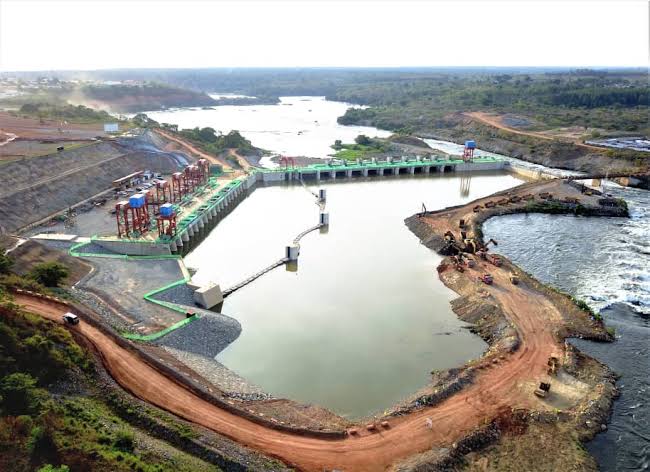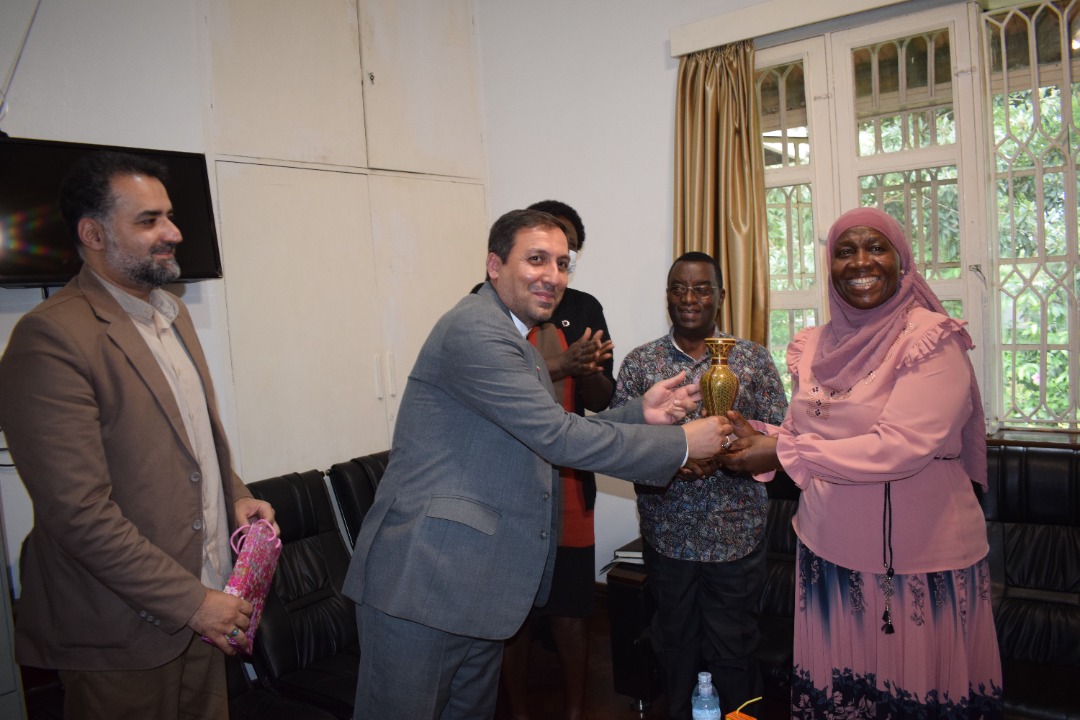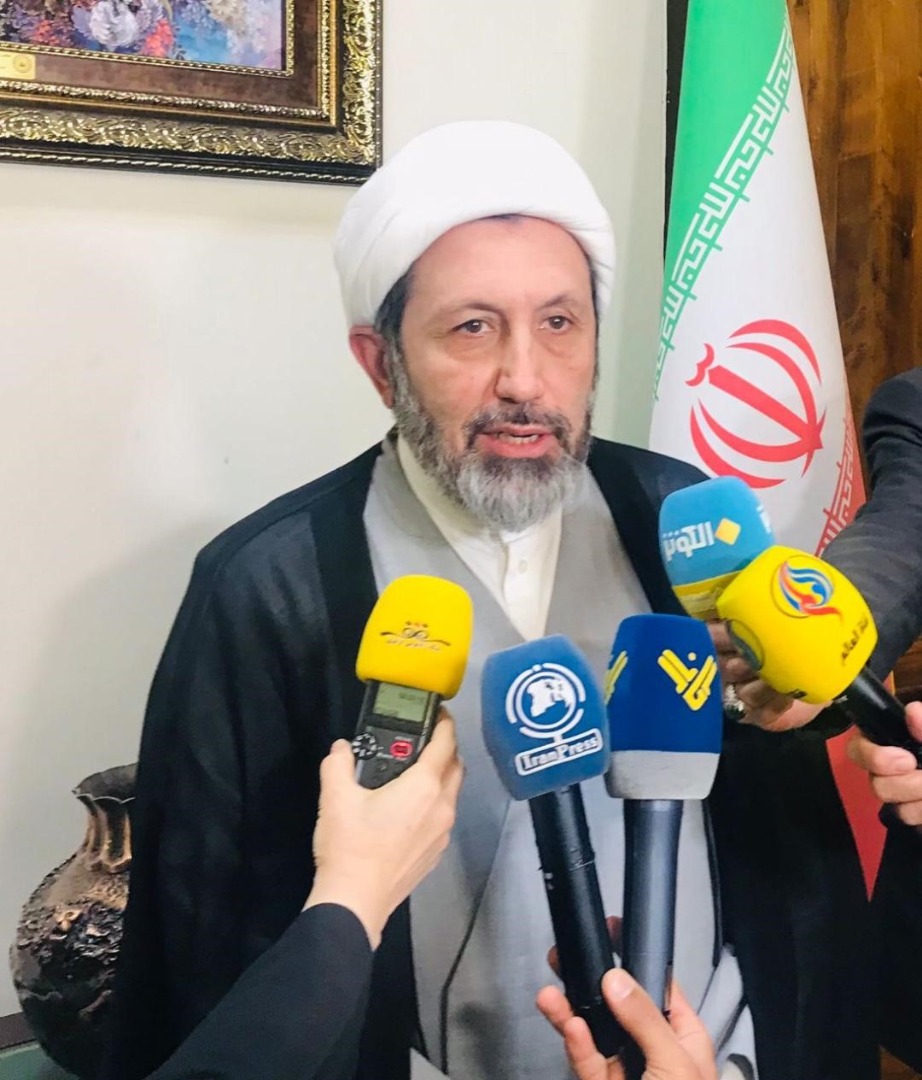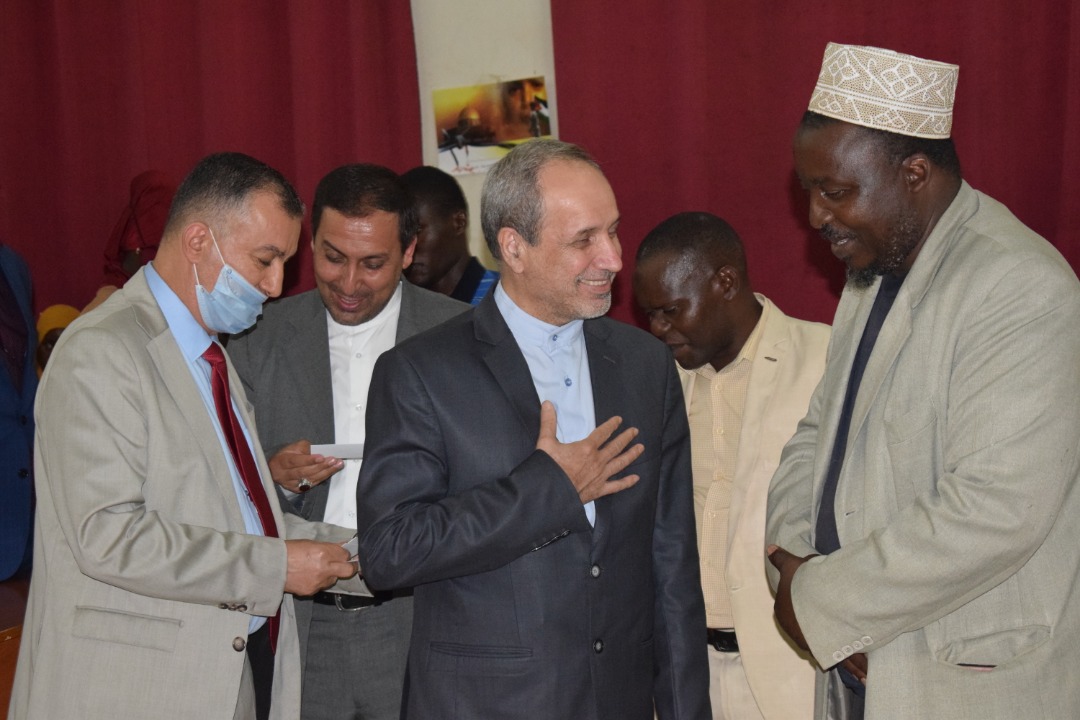The Environment Governance Institute (EGI) a not-for-profit non-governmental organisation has called on developed countries to stop supporting Export Credit Agencies (ECAs) for fossil fuel developments and large hydro-power dams in Uganda that undermine the Paris agreement, aggravate climate change, destroy the environment, heighten human rights violations and leave local communities disenfranchised.
EGI working with four environmental organizations from Ghana, Nigeria, Togo and Uganda, in cooperation with Friends of the Earth Netherlands and Both ENDS has released a report which reveals that since the signing of the Paris Climate Agreement, rich countries have provided almost 50 times as much support through ECAs for fossil fuel related projects less for clean energy projects in the four African countries.
In the report titled “A Just Energy Transition for Africa? Mapping the impacts of ECAs active in the energy sector in Ghana, Nigeria, Togo and Uganda”.
It is revealed that rich countries insured energy projects with a total value of 11 billion US dollars and more than half of this export support is related to fossil fuels. Only 1% went to sustainable renewable energy Export credit agencies provide insurances and guarantees to companies doing business abroad People and nature.
The research is also based on reports from local communities in Uganda that have been affected by the East African Crude Oil Pipeline (EACOP) which is supported by the UK ECA
UKEF.
According to the report, People have had to leave their land and water they depend on to pave way for the fuel project, it found out that they’re hardly compensated for this, with many ending up living in poverty.
“Such projects have left people worse off than they were, these are communities that already have to deal with impacts of climate change such as food insecurity, These developed countries must rethink their ECA related support towards sustainable
energy projects,” said Samuel Aede from EGI.
Beneconsila Busingye,56, widow had to move to pave way for oil developments in Uganda.
“I first had to leave my land for the construction of the airport for the oil developments. Access to the same land that we were given in compensation, was next cut off by the government because of the EACOP oil pipeline developments. After my husband died, the government did not want to compensate me. I never signed anything, yet all of a sudden I am no longer allowed to use my land, How can I feed my children now that my husband is dead” she said.
“Despite international climate agreements and national climate ambitions, export credit agencies continue to support fossil energy projects abroad on a large scale,” says Niels Hazekamp of Both ENDS.
He added, “This undermines the Paris Climate Targets. Export credit agencies
hardly play a role in insuring green, sustainable projects. This report once again makes us wonder whether ECAs are able to make the changes that are urgently needed.”
“By supporting the expansion of the fossil sector in these African countries, export credit agencies ensure that economies remain dependent on fossil fuels. “And that in a world that is increasingly switching to renewable energy,” says Isabelle Geuskens of Milieudefensie.
She adds, “Those countries risk ending up with huge debts and fossil infrastructure for decades to come, while in the future the demand for their oil and gas will decrease substantially”.
The Dutch export credit agency Atradius DSB already warns of the dangers of huge debts in African countries that are economically dependent on fossil fuels, but at the same time it contributes to this dependency by continuing to support fossil fuels in these countries.
With the report, the organisations want to raise some fundamental questions about the role of export credit agencies in supporting dirty energy in Africa.
“The vision that export credit agencies have of sustainability is highly questionable. Our research shows, for example, that large hydropower plants, to which most of the other half of all export support for the energy sector goes, continues to be referred to as ¨green¨ and ¨sustainable”. However, these reservoirs also emit a lot of methane, which contributes to climate change. The dams also affect the natural environment and are linked to human rights violations” part of the report reads.
The report calls on the governments to stop supporting fossil projects via their ECAs.
The environmental organisations also ask these governments to take a critical look at whether the energy projects supported by ECAs in the south are able to contribute to a just and green energy
transition.









